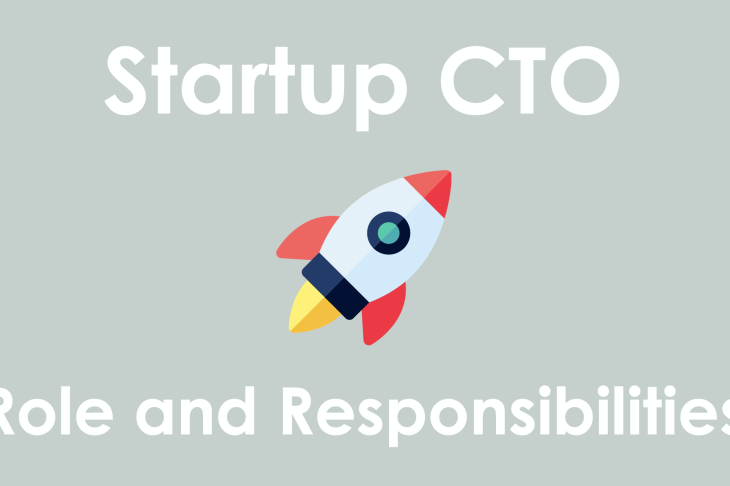
Wrong CTO Profiles for a Scale-Up: Part 1
When I talk with scale-ups where their CTO didn’t work out, then in 90% of the cases it’s because the CTO was one of these profiles:
- The CTO was the too technical co-founder
- The CTO was a non-technical, project manager type
In this post I’ll talk about the first type, and in the next post about the second one.
For the first CTO type, the story usually goes like this: A customer-focused CEO and a technical-focused CTO joined forces and founded a start-up together. And they succeeded!!🚀 They discovered a great product/market fit and secured funding to grow to the next level. Regardless of everything else written in this post, then this is pretty amazing! And it’s only something like 1% of start-ups who get this far, so anyone who gets so far has my respect.
But after the product/market fit was discovered, and customers started to rush onboard, and the company got funding to scale up, then the CTO started to struggle with being a technical leader, being responsible for a growing team of engineers, instead of being a brilliant individual engineer.
For example, one SaaS scale-up I helped, the technical co-founder came into the office in the morning — without saying hello to anybody, not even those on his team — and walked to his desk, put on his noise-canceling earphones, and coded away for the entire day, just like he had successfully done in the start-up phase. His personal productivity was prodigal, but he wasn’t a leader of the technical team or even interested in the people on “his” team or what they were working on — which absolutely did not scale and prevented the company from growing as fast as it should, and it had even allowed a new, faster competitor to catch-up with them and gain significant market shares.
The situation can often be tricky, because the CTO might lack self-insights of their own strengths and weaknesses, while simultaneously own a significant part of the company, which is only fair, considering the CTO’s instrumental role in getting the company this far, but it means you need to get the CTO onboard before you can make changes to their job.
I’ve seen companies where they tried to move the technical co-founder into a Chief Architect role, without people management, but I must admit that while it sounds like a tempting solution, I haven’t really seen it being that successful in the real world…
Another option, if the company needs it, is to ask the CTO to build a new adjacent product or module from scratch, which is what the CTO has done better than 99% of other founders, and then the company can build a new team around the scale-up’s original product and scale that up. While I’ve seen this work out in the short-term, the problem is often that the company’s focus gets spread over too many products, which is a bridge too far for most scale-ups.
The optimal situation is of course that the CTO gets an Aha! experience💡and realizes that being a super-productive engineer isn’t the same as being a technical leader — as the saying goes: what got you here, won’t get you there — and based on this insight does one of the following:
- The CTO actually wants to become a technical leader (and is fine with designing and coding becoming an ever-smaller part of the job) and wants to get the coaching necessary to build up the necessary leadership skills.
- The CTO moves to a senior engineer role and reports to a new CTO (often tricky and requires a fairly experienced CTO to make this work out).
- The CTO simply decides to move on and found a new start-up, if the start-up phase is the part of a company’s journey that they enjoy the most, and then takes another tour in the carousel.
Having had a too technical CTO, some companies overreact by hiring a non-technical CTO, typically a project manager type, who’s good at the non-technical stuff, but in the next post I will explain why this profile is an equally bad choice for a scale-up. Stay tuned! 🚀

